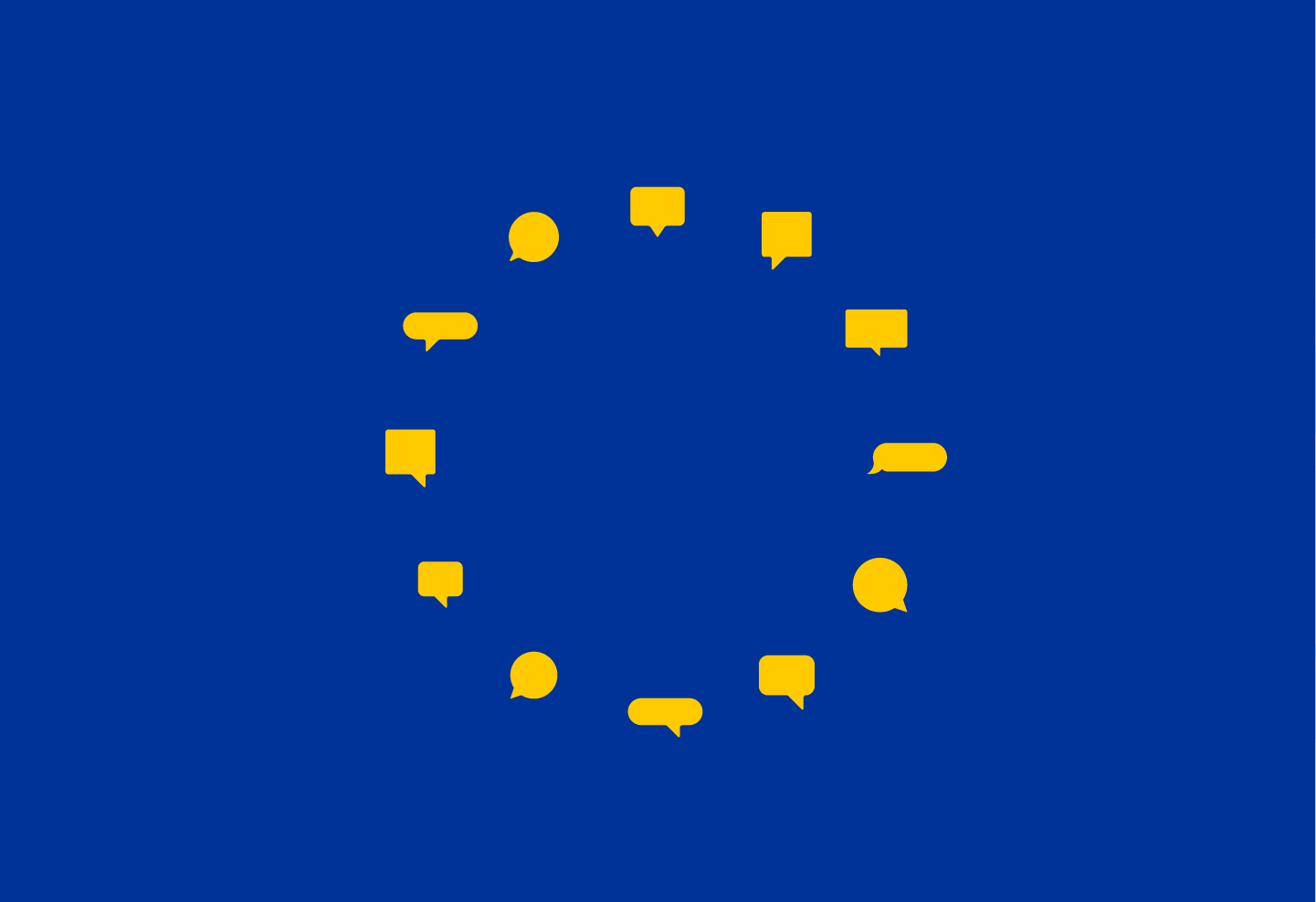Update on October 6, 2025 at 10am PT:
As of today, political, electoral and social issue adverts are no longer able to be delivered in the EU.
Originally published on June 10, 2024 at 6am PT:
From early October 2025, we will no longer allow political, electoral and social issue ads on our platforms in the EU. This is a difficult decision – one we’ve taken in response to the EU’s incoming Transparency and Targeting of Political Advertising (TTPA) regulation, which introduces significant operational challenges and legal uncertainties.
Unintended consequences of burdensome regulation
We continue to believe online political advertising is a vital part of modern politics, connecting people to important information about the politicians that represent them, and ensuring candidates have a cost effective way of reaching their audiences. That’s why Meta has gone above and beyond many of our peers – and well beyond what is required by law – to ensure the political ads served on our platforms are authentic and information about them is transparent.
Since 2018, we’ve had in place tools which provide more transparency for ads about politics, elections and social issues than any other platform, on or offline, as well as other extensive safeguards. Advertisers who run these ads are required to complete an authorization process, to prove who they are and where they live, and include a “paid for by” disclaimer on these ads. These ads are then stored in our publicly available Ad Library, where everyone can see information about targeting and how much was spent on them.
Unfortunately, the TTPA introduces significant, additional obligations to our processes and systems that create an untenable level of complexity and legal uncertainty for advertisers and platforms operating in the EU. For example, the TTPA places extensive restrictions on ad targeting and delivery which would restrict how political and social issue advertisers can reach their audiences and lead to people seeing less relevant ads on our platforms. It is yet another threat to the principles of personalized advertising, ignoring the benefits to advertisers and the people they want to reach.
Despite extensive engagement with policymakers to share these concerns, we have been left with an impossible choice: alter our services to offer an advertising product which doesn’t work for advertisers or users, without guarantee that our solution would be viewed as compliant, or stop allowing political, electoral and social issue ads in the EU. We’re not the only company to have been forced into this position. Once again, we’re seeing regulatory obligations effectively remove popular products and services from the market, reducing choice and competition.
Our decision is specific to the EU. Elsewhere, we will continue to provide our industry-leading tools that ensure authentic and transparent political advertising. It also won’t prevent people in the EU from continuing to debate politics on our services, or stop politicians, candidates and political office holders from producing and sharing political content organically. They just won’t be able to amplify this through paid advertising.
We believe that personalised ads are critical to a wide range of advertisers, including those engaged on campaigns to inform voters about important social issues that shape public discourse. Regulations, like the TTPA, significantly undermine our ability to offer these services, not only impacting effectiveness of advertisers’ outreach but also the ability of voters to access comprehensive information.



